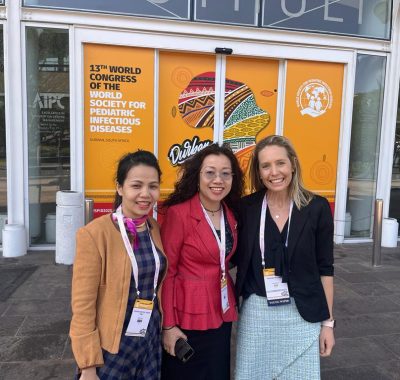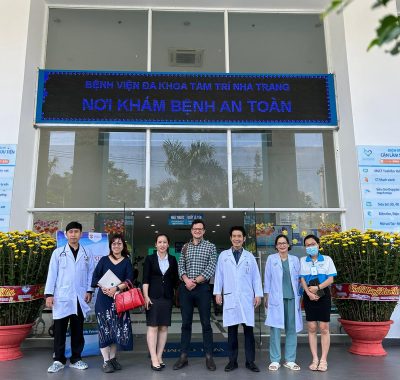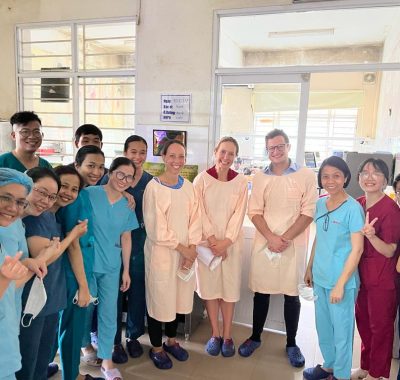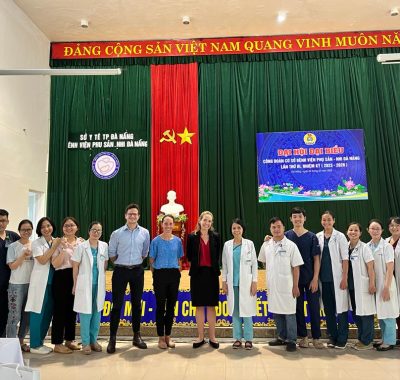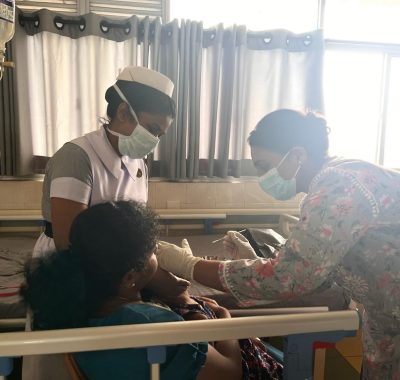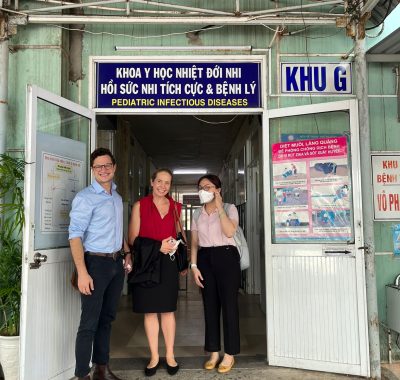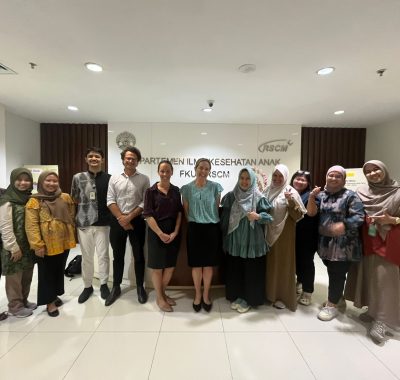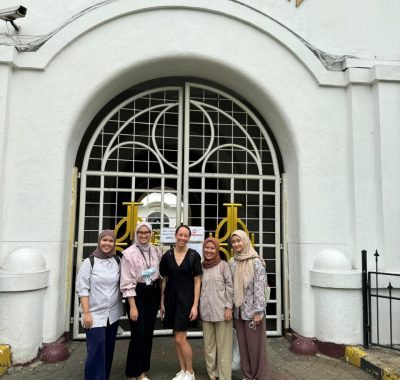NeoSEAP baseline survey
NeoSEAP baseline survey
The NeoSEAP baseline study is a multicentre, international project funded by the National Health and Medical Research Council (NHMRC) that has been conducted at 10 clinical sites across five countries in South and Southeast Asia and the Pacific.
Why is this baseline survey needed?
There are sparse global data regarding the burden of infection in babies, and significant geographic gaps exist in the literature, especially in the Southeast Asia and Pacific region, despite the large numbers of infants born in these geographic regions each year. Detailed data on babies in neonatal units globally are necessary, as AMR patterns are known to vary widely, even within cities and countries, particularly when prescribing practices differ substantially. These factors illustrate the need for detailed multicounty, patient-level data to better characterise the relationship between local prescribing and infection, prevention and control strategies, AMR, and neonatal infections.
What is involved in the study?
Using a retrospective design, the study collated two years of data from microbiological and hospital records to gain a detailed understanding of the burden of neonatal infections in our region. A point prevalence survey was undertaken to evaluate antibiotic prescribing practices. Resource availability and infection prevention and control procedures were analysed with a detailed resource allocation survey, building upon other similar data published for other regions by the team at St George’s University, London.
| Research tool | Description |
|---|---|
| Resource Survey | Brief survey about hospital resources |
| Infection Prevention & Control Survey | Brief survey about IPC strategies in place at the site |
| Blood Culture Survey | Retrospective survey of positive neonatal blood cultures from Jan. 2019 to December 2020 |
| Antimicrobial Point Prevalence Survey (PPS) | Cross sectional point prevalence survey assessing prescribing practices at 8am on a single predetermined day |
Further Reading:
- P.C.M. Williams, D. Isaacs, J.A. Berkley, Antimicrobial resistance among children in sub-Saharan Africa, Lancet Infect. Dis. (2017).
- Russell NJ, Stöhr W, Plakkal N, Cook A, Berkley JA, Adhisivam B, et al.. Patterns of antibiotic use, pathogens, and prediction of mortality in hospitalized neonates and young infants with sepsis: A global neonatal sepsis observational cohort study (NeoOBS). PLOS Medicine 2023;20(6):e1004179.
- Sands K, Carvalho MJ, Portal E, Thomson K, Dyer C, Akpulu C, et al.. Characterization of antimicrobial-resistant Gram-negative bacteria that cause neonatal sepsis in seven low- and middle-income countries. Nature Microbiology 2021;6(4):512–23.
- Delhi Neonatal Infection Study (DeNIS), Characterisation and antimicrobial resistance of sepsis pathogens in neonates born in tertiary care centres in Delhi, India: a cohort study, Lancet Glob. Heal. 4 (2016) e752–e760.
